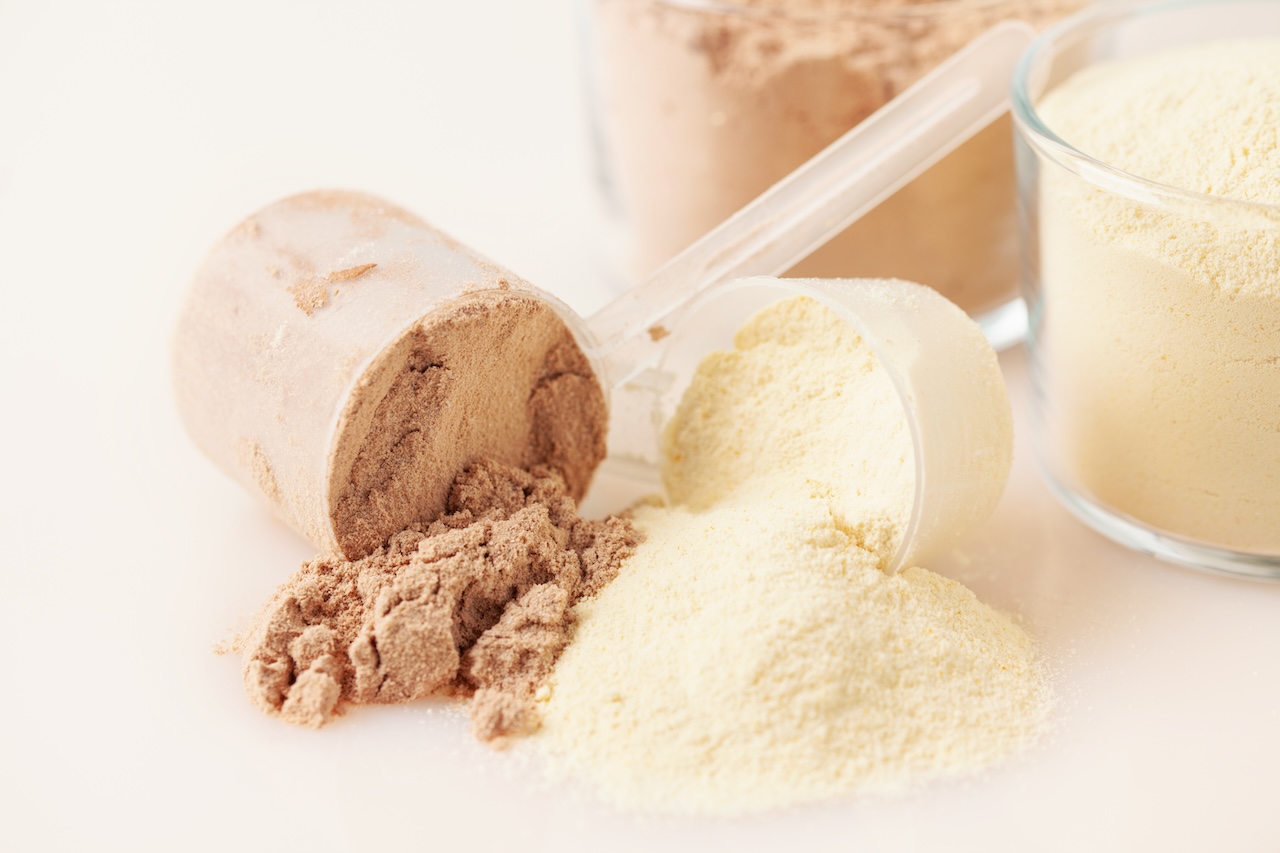Nutrient timing is a big part of working out because when we eat or drink affects how our body responds to exercise. For example, drinking some coffee before a workout could help you stay focused and give you more energy.
Protein shakes are another drink that could affect how the body reacts to exercise because protein consumption plays a huge role in muscle protein synthesis. One question people often ask is whether they should consume a protein shake before or after a workout.
Answering this question would require considering some nuance; after doing this, we have the answer. Let’s show you!
What are the benefits of protein shakes?

Protein shakes are talked about so much for a number of reasons, and these include the following:
- Convenience: Protein shakes are quick and easy to prepare, making them a convenient option for busy people who need a fast source of nutrition.
- Weight management: Protein shakes can help with weight loss by keeping you fuller for longer. Protein is the most satiating macronutrient, and protein powders have a very high concentration of protein. This means protein shakes are a great snack option if you’re trying to go long periods without eating.
- Athletic performance: Protein is important for providing energy for exercise and the nutrients needed to recover from exercise, and protein shakes are a great way to get extra protein without having to physically eat more food.
These are just some of the many ways protein supplementation through shakes and drinks can aid fitness and health.
How much protein should you consume daily?

How much protein you should consume daily depends on your fitness and health goals and needs. According to Harvard Medical School professionals, the Recommended Dietary Allowance (RDA) for protein intake is 0.8 grams per kilogram of body weight or 0.36 grams of protein per pound of body weight.
The RDA, however, is simply the minimum amount of protein needed to maintain bodily function. If you want to gain or maintain muscle mass, you’ll need more protein than 0.8 grams per kilogram of body weight. Research suggests that anywhere from one to two grams per kilogram of body weight is ideal for people who work out with the intention to build and maintain muscle mass.
Tips for meeting your protein goal

Include protein in every meal
Ensure that each meal contains a source of protein, whether it’s animal-based, like chicken, fish, and eggs, or plant-based, like beans, lentils, and tofu. This helps spread your intake throughout the day, making it easier to reach your overall goal.
Choose high-protein snacks
Opt for snacks that are rich in protein, such as Greek yogurt, cottage cheese, nuts, and protein bars. This can help fill in any gaps between meals and help you stay satiated for longer periods.
Incorporate protein shakes or supplements
If you’re struggling to meet your protein goals through whole foods alone, consider adding a protein shake or supplement to your diet. Whey, casein, or plant-based protein powders can provide a convenient and quick source of protein, and the best protein shakes contain a fair amount of these supplements.
Plan and prepare meals in advance
Planning and prepping your meals ahead of time ensures you have balanced, protein-rich options readily available. This reduces the likelihood of missing your protein targets due to last-minute, less nutritious choices.
Are meals or protein shakes better post-workout?

Whether to consume a meal or a protein shake after a workout depends on various factors, such as availability and time. Here are the perks of doing both.
Perks of drinking protein shakes post-workout
Protein shakes, especially those containing whey protein, are quickly absorbed by the body, making them an efficient option for post-workout recovery. Also, protein shakes are convenient and easy to consume if you’re on the go or do not have time to prepare a full meal immediately after exercising.
Perks of eating meals post-workout
Whole foods typically offer a better balance of protein, carbohydrates, and fats, which are essential for recovery, not to mention providing micronutrients. Also, because whole foods are solid, they will likely keep you fuller for longer, and this can be beneficial for managing hunger and energy levels after exercise.
What to make of this
In the end, there’s no one-size-fits-all, arbitrary rule governing whether to drink a protein shake or eat a meal after working out. You need to replenish your muscles after you train, and this nutrition should contain some protein, but how you choose to ingest these nutrients should be based on what works for you.
If you prefer meal-prepping and simply reheating your food after working out, that’s great. If you’d rather drink a protein shake and then cook and eat a meal some hours after working out, that’s also a good option. The best diet is the one that takes your schedule and lifestyle into consideration.
Is it better to drink protein shakes before or after a workout?

A 2017 study compared people who took a protein supplement before a workout and those who took it after and found that the supplementation had similar effects in both groups. Based on its findings, this study asserted that consuming protein several hours after a workout may not be a bad idea, depending on when you had your pre-workout meal.
This goes to show that whether you drink your protein shake before or after a workout does not matter so much. Yes, timing protein intake can be beneficial, but it is more important to make sure to eat enough protein throughout the day.
So, look at the big picture and try to meet your protein requirements every day. If you need to consume a protein shake before and after working out to meet your requirements, that will work. Protein shakes can serve as great pre-workout meals, too, especially when you train early in the morning and will not have time to eat breakfast.




